When I was sixteen, I thought my parents knew nothing. When I was twenty-one, I was shocked to discover how much they had picked up in the last five years!
Foreword
Sir Howard Davies is Director of the London School of Economics and Political Science and a member of the board of Morgan Stanley. Prior to this he was Chairman of the Financial Services Authority, the UKs financial regulator. He also served as Deputy Governor of the Bank of England and Director General of the Confederation of British Industry, and had previously worked at the Treasury, the Foreign and Commonwealth Office, and for McKinsey & Company.
Sir Howard has written two books: The Chancellors Tales and Global Financial Regulation: The Essential Guide. He holds degrees from Oxford University and the Stanford Graduate School of Business.
A university is primarily a seat of learning, of course, but it is also a platform for self-discovery. Graduates should emerge with a good knowledge of their discipline, some useful analytical tools which may be mathematical, psychological or even emotional but also with a better understanding of themselves, and what they want to do with their lives.
That may seem a platitudinous observation, and indeed perhaps it is, but I am struck by how many students do not think in that way, and jump from their academic work to a career choice without reflecting hard on what they really want to do in the longer term, and on what their personal competitive advantages really are.
I confess that the above is, to a large extent, also a self diagnosis. When I was at Oxford I had little idea of what I wanted to do afterwards, or why. I chose to join the Foreign Office, largely because it was reputed to be hard to get into, and was at that time near the top of the informal pecking order of jobs, as scientifically revealed by conversations in the college bar. It also offered a way out of the Britain of 1970s, which was a depressing place. The country seemed then to be in irreversible decline. None of these reasons were good enough to sustain a career, and after two years I came to the horrible realisation that I was in the wrong place, and needed to start all over again. Luckily, I made the decisions early enough to make it possible to do so.
In recent years, it has been quite easy, especially at the LSE, for graduates to become seduced by the attractive and well paid opportunities on offer in the City of London. Why think hard about career choices when an investment bank or a management consultancy is prepared to flatter your ego and send you a fancy offer accompanied by a magnum of champagne in an elegant padded box?
Jan Sramek and Muzaffar Khan have themselves received such tempting offers in the past. So they know the game from personal experience. They are well placed to explain how to maximise your chances, if that is what you want. But the big point I draw from what they have written is that it can make sense to take a much broader view of personal development than students typically take. They offer an interesting taxonomy the four accounts framework which can help you think through your own strengths and weaknesses, and how to maximise the former while offsetting the latter as far as possible.
Every reader will, I am sure, take something different away from the book. My own favourite piece of advice, which feeds a prejudice of mine, is in the section on How to think outside the box . The first point there, is very simple: read a lot . That is something I have done throughout my life, and never regretted it.
I am often depressed by how reluctant students are to read outside their discipline, or even outside that weeks essay topic. Jan is surely right when he says that reading books is like cheating you are getting advice on life experience from some of the greatest minds of humanity . And I would emphasise that that can include works of fiction as well. There is nothing like a good novel to allow you to imagine different experiences, different lives.

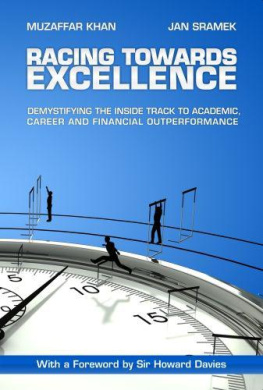
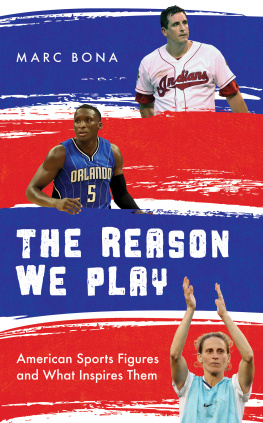
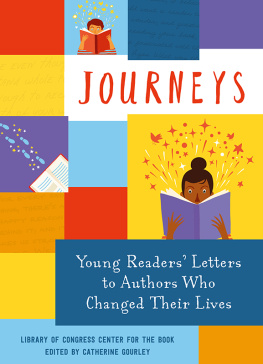

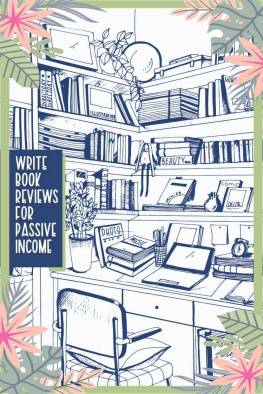
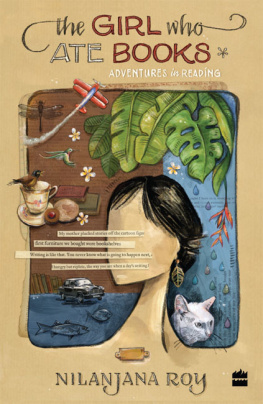
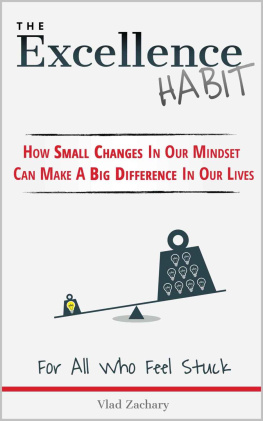
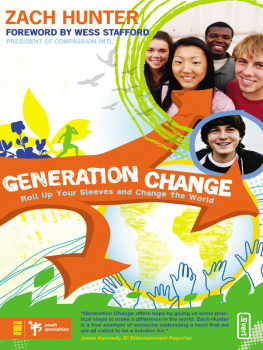
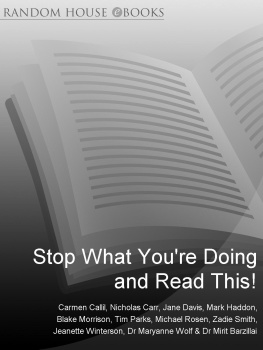
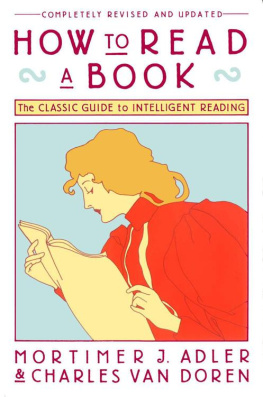

 PEFC Promoting Sustainable Forest Management
PEFC Promoting Sustainable Forest Management